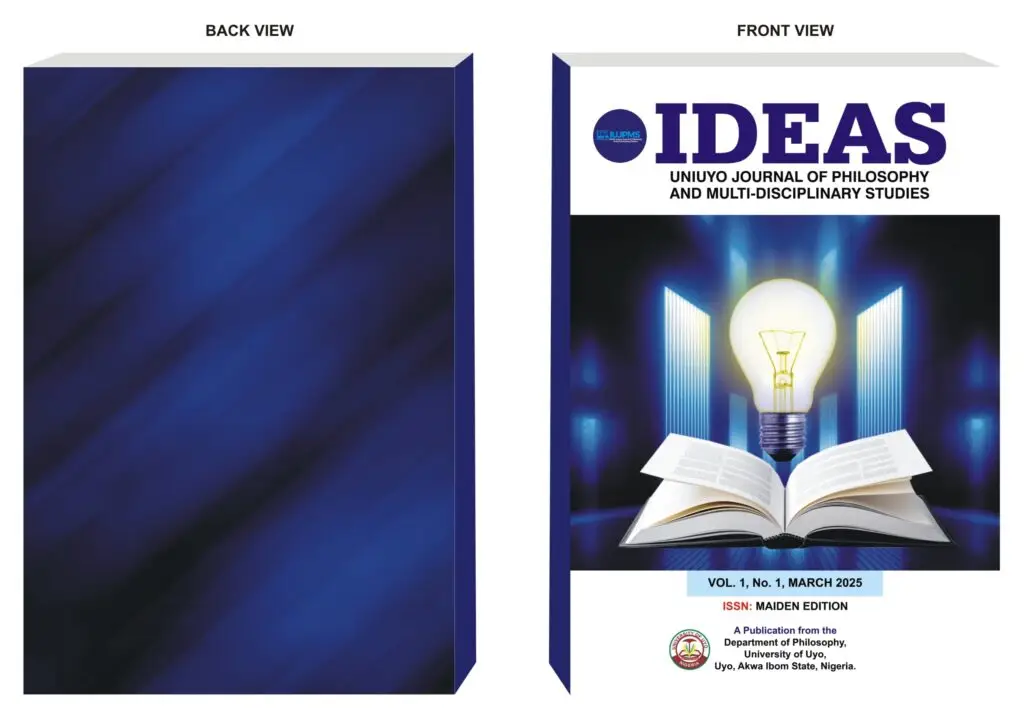This study examines the role of ethnic resentment and tensions in the Nigeria-Biafra War (1967–1970). The study explores how deep-seated ethnic divisions, fueled by historical grievances, political marginalization, and competition over resources, led to the outbreak and escalation of the war. The objectives of the study are to investigate the evolution of ethnic resentment in Nigeria, the role it played in course of the war, and its consequence on nationhood. A descriptive methodology was employed and primary and secondary sources were consulted to assess the socio political and economic factors underlying ethnic tensions. The study also integrates Kenneth Waltz’s levels of analysis to evaluate the interplay of individual decisions, national dynamics, and sub-national influences on the conflict. Findings reveal that the colonial legacy of arbitrary boundaries and preferential treatment of certain ethnic groups laid the foundation for resentment. Post-independence political and economic policies encouraged these divisions, with the Igbo-led secessionist movement showing deep frustrations over perceived marginalization. Furthermore, external interventions and ideological politics (Cold War) complicated the efforts at peaceful resolution and reconciliation. The study concludes that ethnic tension and resentment in Nigeria remains an equipotent force which need a deliberate policies to foster inclusivity through equitable distribution of resources. Besides, the lessons of the Nigeria-Biafra War will help to address contemporary ethnic tensions and also promote sustainable peace in Nigeria.
Written By
Esin Okon Eminue, Ph.D
Department of History and International Studies
University of Uyo, Uyo
08061209080
esineminue@uniuyo.edu.ng
Click download to get the full text.

